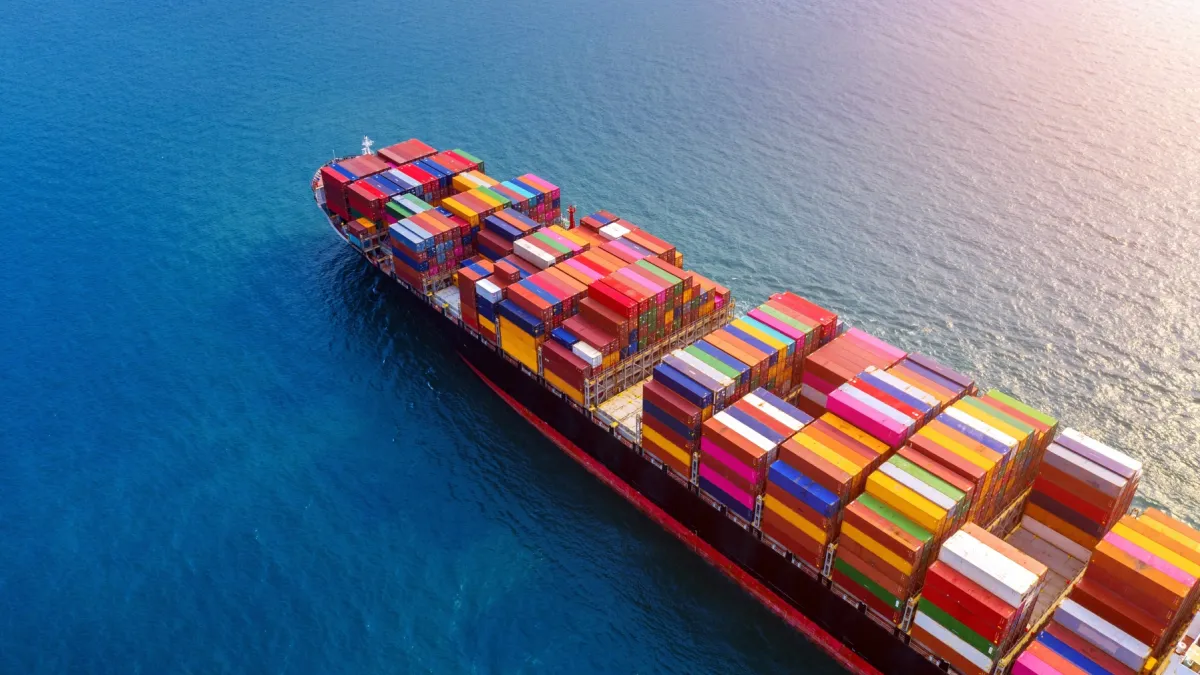
US firms importing from Singapore face nearly $1.6b in added costs from 10% base tariffs.
Singapore may have escaped the brunt of sweeping US reciprocal tariffs compared with its Southeast Asian peers, but if the American playbook is to be followed, top exports including semiconductors and pharmaceuticals could be in danger soon.
The 10% tariffs cover medical technology, mechanical machinery, packaged food, electrical machinery, and consumer electronics, Aparna Bharadwaj, managing director and a partner for the Boston Consulting Group (BCG), told Singapore Business Review.
“This recalibration marks a sharp turn in the bilateral trade relationship, with further uncertainty ahead as the US continues investigations into strategic sectors like biopharma,” she said in an emailed reply to questions.
President Donald Trump’s sweeping new tariffs on American imports announced this month shocked governments and investors around the world, leading to retaliatory duties from China and the EU and calls for talks as industries scrambled and global stocks plunged.
Trump has since delayed the tariffs for 90 days except for China, temporarily replacing these with a 10% base duty. The base tariff is the same as Singapore’s initial reciprocal tariff — one of the lowest in the world — but US firms importing from Singapore face nearly $1.6b in added costs, according to Bharadwaj and BCG’s estimates.
Economists have noted that whilst Trump has said foreign countries pay his tariffs, these are actually shouldered by US consumers and businesses either directly or in the form of increased prices.
In the short term, Singapore, which has a free trade deal with the US, should come through unscathed since many of its key products are still exempted from the tariffs, said Alicia Garcia Herrero, Asia-Pacific chief economist for Natixis Corporate & Investment Banking.
Semiconductors, pharmaceuticals, commodities, and energy products are exempted from the 10% tariffs.
Garcia-Herrero said at least $18b of $49b of goods are exempted from the 10% reciprocal tariffs, which puts Singapore in a “good position” in this round of the trade war.
But the fallout could intensify if the US advances its probe into biopharma, Singapore’s top export, said Bharadwaj, who is also the global leader of BCG’s global advantage practice.
“The US administration is currently pursuing a Section 232 National Security investigation into strategic sectors such as biopharma — Singapore’s top export to the US,” he said. “If that proceeds, we could see a second wave of disruption that touches even the most advanced and globally integrated parts of the economy.”
“The tariff war won’t end here,” Garcia-Herrero said. “Semiconductors and pharmaceuticals will likely be Trump’s next target, and Singapore is vulnerable to it.”
Singapore’s central role in global value chains, the ripple effects of these changes could extend far beyond just the two countries.
‘Lose-lose scenario’
Bharadwaj expects more regional, sectoral and multinational treaties that could complicate the global business environment.
“Global trade we’ve seen over the past few decades is gone for good.”
Trump’s tariffs undermine the rules-based global trade order and US-Singapore free trade deal — in place since 2004 — though Singapore’s trade deficit with the US could serve it well.
“This will likely keep Singapore out of Trump’s attention, and potentially, the tariffs on Singapore will be milder,” Garcia-Herrero said.
Martin Hennecke, head of Asia and Middle East investment advisory at British wealth management company St. James’s Place Plc, said there could be bigger secondary risks as global supply chains get disrupted, trading activity eases and economic growth slows amidst worsening joblessness and rising prices.
“This could be a lose-lose scenario presenting challenges to many if not all sectors,” he said. But there is hope for a less serious fallout as long as nations stick to more friendly tariff policies, he added.
Hennecke noted that despite all the tariff noise from the US, its share of global trade is only 11%, having been overtaken by China as the world’s biggest trading economy and exporter since 2013.
The recent meeting of trade chiefs from Japan, South Korea and China, where they pledged to deepen trade, could be a good sign, he pointed out. “If indeed these events should bring Asian countries closer together, perhaps also Asia and the rest of the world excluding the US, there could be a positive side to it as well.”
But if countries pursue protectionist trade policies in retaliation, global supply chains could be severely crippled and demand growth could shrink. “These implications will be troubling for Singapore whose economy is reliant on an international, open and free trading system,” Bharadwaj said.
The biggest market that will suffer will be the US, Garcia Herrero said. “With full tariffs imposed, which is not the baseline scenario, the US will probably enter a recession.”
Source: Singapore Business Review
Share: